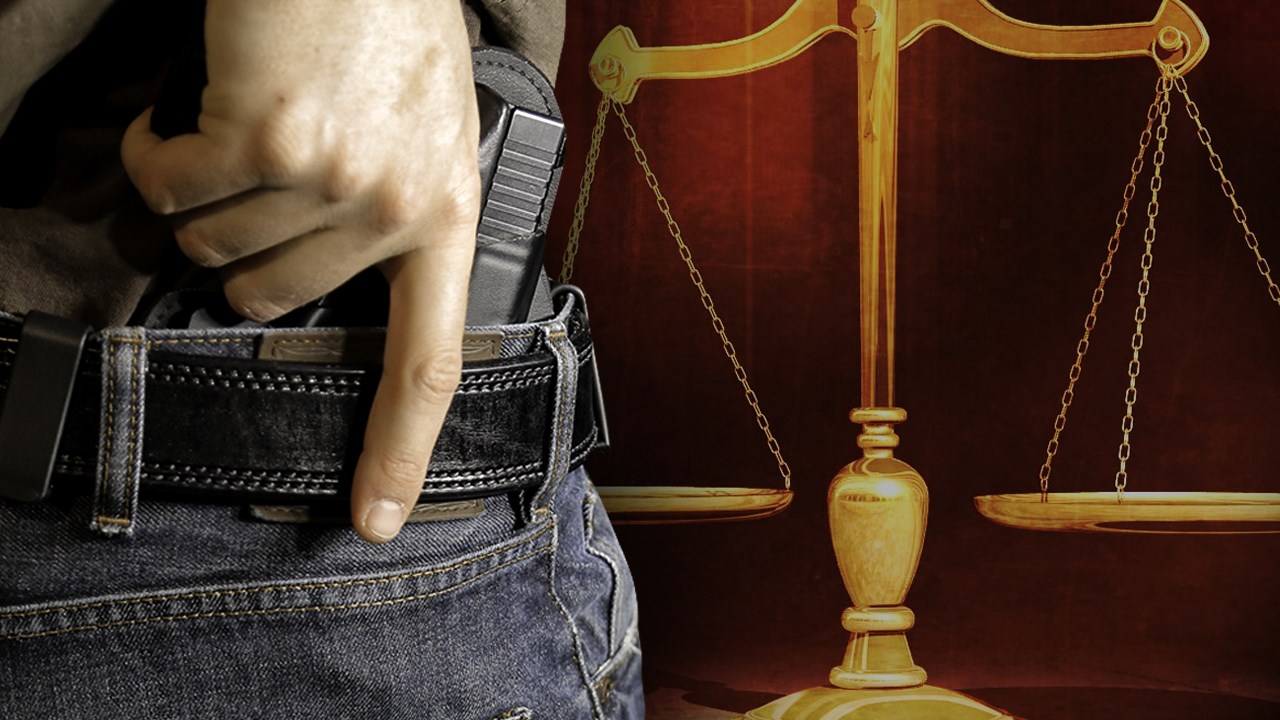Self-defense is a fundamental human right. When faced with the threat of imminent danger, people have the right to protect themselves. However, the laws governing self-defense vary across jurisdictions. In New York State, the concept of “Stand Your Ground” does not exist. Instead, New York has a “duty to retreat” law, which means that individuals are generally legally obligated to attempt to escape a dangerous situation before resorting to the use of force, even deadly force. Understanding these laws is crucial for New York residents, as their actions during a self-defense situation could have significant legal consequences.
New York’s Duty to Retreat
New York’s self-defense laws are outlined in Article 35 of the New York Penal Law. A key principle is the “duty to retreat.” This means a person generally must attempt to safely remove themselves from a dangerous situation before using force in self-defense. The rationale is to de-escalate potentially violent confrontations if possible.
The duty to retreat applies even if the individual is in a place they have a legal right to be, such as their workplace or a public area. This places New York in stark contrast with many states’ “Stand Your Ground” laws, which remove the duty to retreat under certain conditions.
Exceptions to the Duty to Retreat
There are important exceptions to New York’s duty to retreat:
- In Your Home: New York follows the “Castle Doctrine.” This means that people have no duty to retreat when they are attacked within their own home. They may use deadly force if they reasonably believe it necessary to prevent or stop a burglary or other serious crime.
- Initial Aggressor: The duty to retreat does not apply if the individual using force was not the initial aggressor in the confrontation.
- Law Enforcement: Police officers and other law enforcement personnel are generally exempt from the duty to retreat when carrying out their official duties.
Castle Doctrine in New York
The Castle Doctrine is a specific application of self-defense within the home. Under this doctrine, there’s a presumption that a person who forcibly enters your home intends to cause harm. This means residents are not expected to wait for an intruder to physically attack them before employing defensive tactics. There is an underlying legal presumption that your home is your ultimate safe space.
Use of Force in Self-Defense
To legally justify the use of force in self-defense in New York, several elements must be met:
- Imminent Threat: There must be a genuine and immediate threat of unlawful force against the individual or another person.
- Reasonable Belief: The individual using force must reasonably believe that the use of force is necessary to prevent or stop the unlawful force. This belief must be based on objective circumstances, not just subjective fear.
- Proportionality: The level of force used in self-defense must be proportional to the threat faced. Deadly force should only be employed as a last resort if the individual reasonably fears death or serious bodily injury.
Deadly Physical Force
The use of deadly physical force is considered the most extreme form of self-defense. In New York, it is justified only in the following situations:
- To defend against the imminent use of deadly physical force
- To prevent or stop kidnapping, rape in the first degree, or certain other serious felonies.
Potential Consequences of Exceeding Self-Defense
Using excessive force or using force when there is no lawful justification can lead to serious criminal charges in New York. These charges could include:
- Assault: Intentionally causing physical injury to another person.
- Aggravated Assault: Causing serious physical injury or using a deadly weapon to inflict any harm.
- Manslaughter: Recklessly causing the death of another person.
- Murder: Intentionally causing the death of another person.
It’s important to understand that the burden of proof in a self-defense case rests with the prosecution. They must prove beyond a reasonable doubt that your actions were not justified under the law.
Practical Tips for Self-Defense in New York
While understanding the legal intricacies of self-defense is critical, the best defense is always to avoid dangerous situations whenever possible. Here are some tips:
- Be Aware of Your Surroundings: Pay attention to the people and situations around you. Trust your instincts – if something feels off, remove yourself from the situation.
- Travel in Groups When Possible: There’s safety in numbers, especially at night or in unfamiliar areas.
- Avoid Confrontations: If possible, attempt to de-escalate a verbal confrontation by remaining calm and walking away.
- Enroll in Self-Defense Classes: Learn basic self-defense techniques to help you feel more confident and better understand the use of force principles.
- Carry Non-Lethal Deterrents: Consider carrying items like pepper spray if legally permitted in your area.
Seeking Legal Counsel
If you find yourself in a situation where you need to use force for self-defense, it’s crucial to seek legal counsel immediately. An experienced criminal defense attorney can help you understand your rights, build your defense, and navigate the complexities of New York’s self-defense laws. It’s vital to do this as soon as possible since what you say early on in the legal process can be extremely important.
Important Note: The laws and precedents governing self-defense are constantly evolving. It’s essential to consult with an attorney to get the most accurate and up-to-date legal interpretations relevant to your specific circumstances.
Sources
- New York Penal Law Article 35: Justification [[invalid URL removed]]
- Understanding Duty to Retreat vs. Stand Your Ground in New York (Super Lawyers) [https://www.superlawyers.com/resources/criminal-defense/new-york/asking-questions-about-standing-your-ground-in-new-york/]
- New York Self Defense Laws (FindLaw) [https://www.findlaw.com/state/new-york-law/new-york-self-defense-laws.html]
Disclaimer This article is intended for informational purposes only and does not constitute legal advice. Please consult with a qualified attorney for legal advice tailored to your situation.



